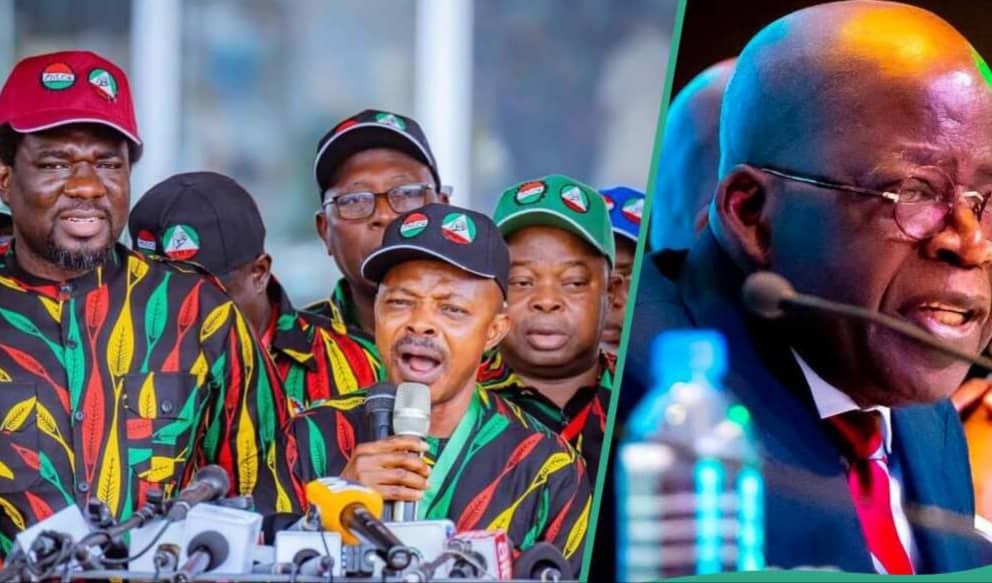The Nigeria Labour Congress (NLC) has moved swiftly to quash rumors suggesting the resumption of the nationwide indefinite strike over the demand for a new minimum wage, emphasizing that such claims are based on a misunderstanding of recent statements. Chris Onyeka, the NLC’s assistant general secretary, clarified the union’s stance following an interview on Channels TV where his remarks were misunderstood.
Onyeka stated, “The video clip of my chat with the Channels TV presenters is there to prove I never said labour may resume strike on Tuesday.” He emphasized that his comments were in reference to the one-week deadline set for concluding negotiations on the minimum wage, not an indication of an imminent strike.
Dismissing reports of an impending strike, Onyeka highlighted the need for further deliberation within the NLC and its counterpart, the Trade Union Congress (TUC), to formulate a unified position. He expressed surprise at being quoted as endorsing a resumption of the strike, clarifying that discussions are ongoing, awaiting a definitive decision.
The quest for a new minimum wage has been a contentious issue, with organized labour and the federal government yet to reach a consensus. Despite proposals made during tripartite committee meetings, disagreements persist, leading to tensions between labour unions and the government.
The chairman of the Nigeria Labour Congress, Joe Ajaiero, addressed the current situation, explaining that the union cannot declare a nationwide strike until President Bola Ahmed Tinubu’s decision on the proposed figures. Speaking from the International Labour Conference in Geneva, Switzerland, Ajaero underscored the importance of awaiting the president’s directive before taking further action.
“We cannot declare strike now because the figures are with the President,” Ajaero stated. He outlined the historical context of minimum wage negotiations, referencing past instances where presidential intervention led to adjustments in proposed figures. Ajaero expressed optimism that President Tinubu would address the issue effectively.
Ajaero also criticized calls for the decentralization of minimum wage decisions, arguing that state governors should focus on equitable distribution of resources before advocating for such measures. He commended Edo State Governor, Godwin Obaseki, for implementing a higher minimum wage, calling on other governors to follow suit.
Meanwhile, amidst the ongoing deliberations, organized labour reaffirmed its stance on the minimum wage, rejecting proposals of N62,000 or N100,000 as insufficient. Chris Onyeka reiterated the union’s commitment to securing a fair and equitable minimum wage that reflects the economic realities faced by Nigerian workers.
As discussions continue between labour unions and government representatives, the fate of the minimum wage remains uncertain.




